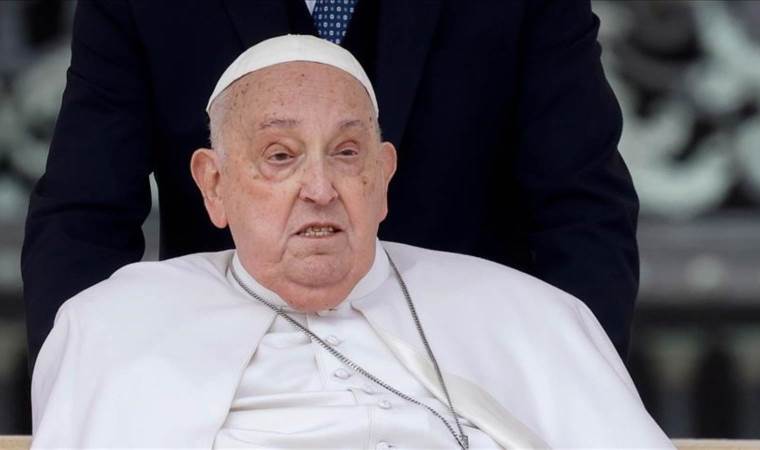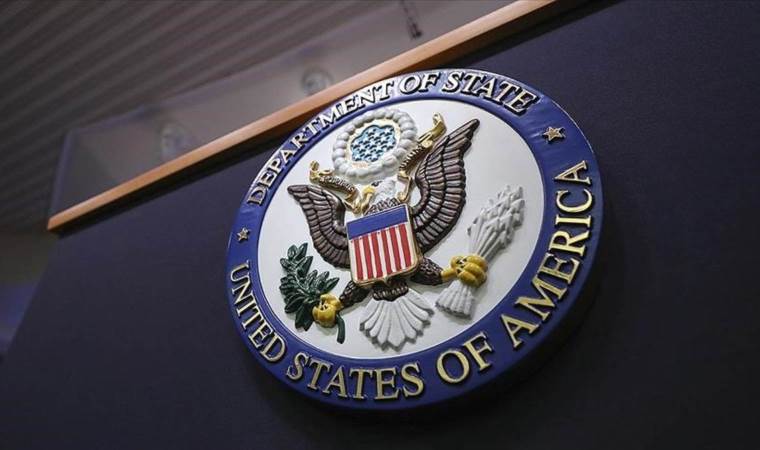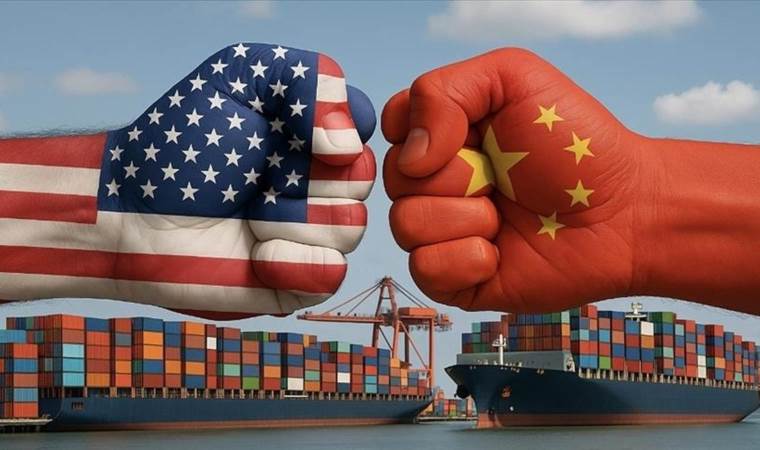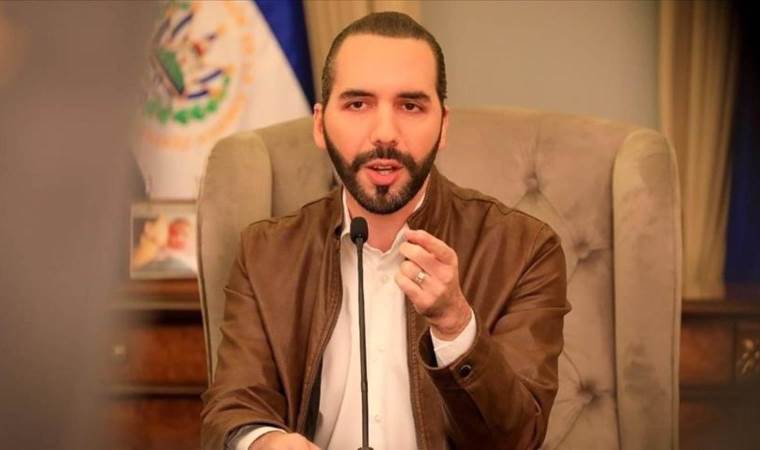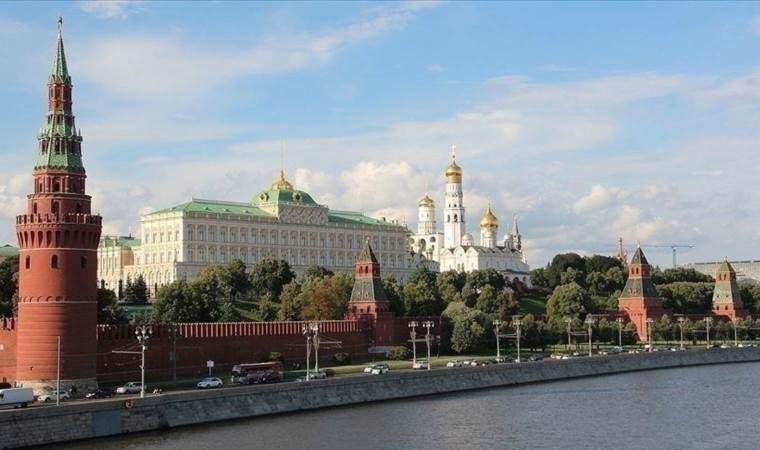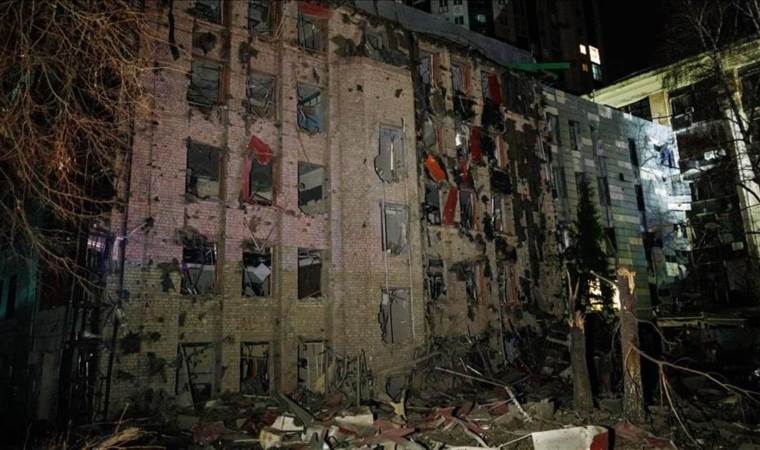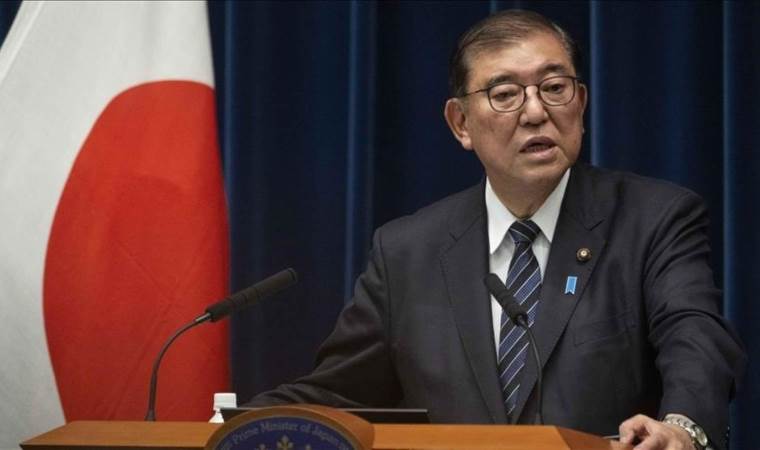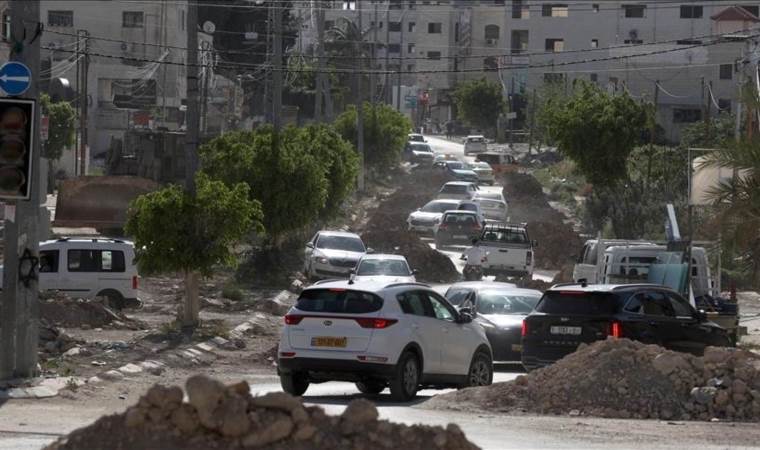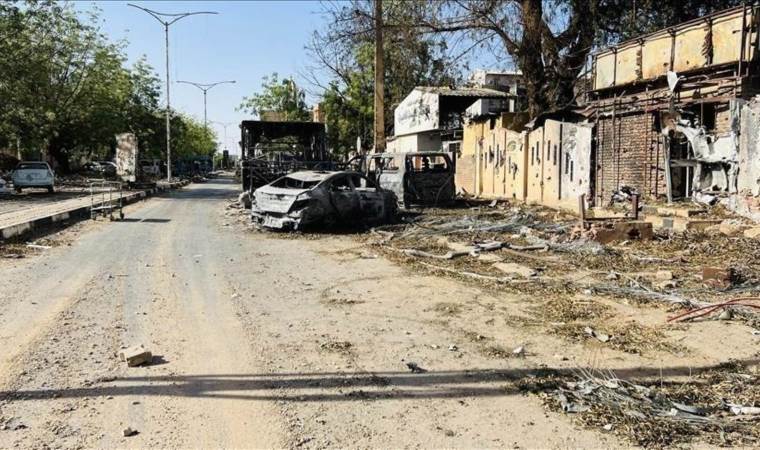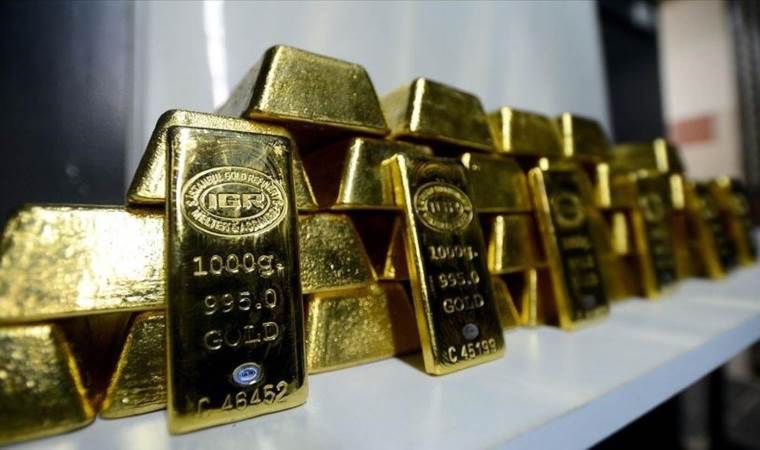Putin urges increased payments in national currencies to 'rid development of economy of politics'
Russian President Vladimir Putin on Tuesday called for increased payments in national currencies, saying it makes it possible to "rid the development of the economy of politics."
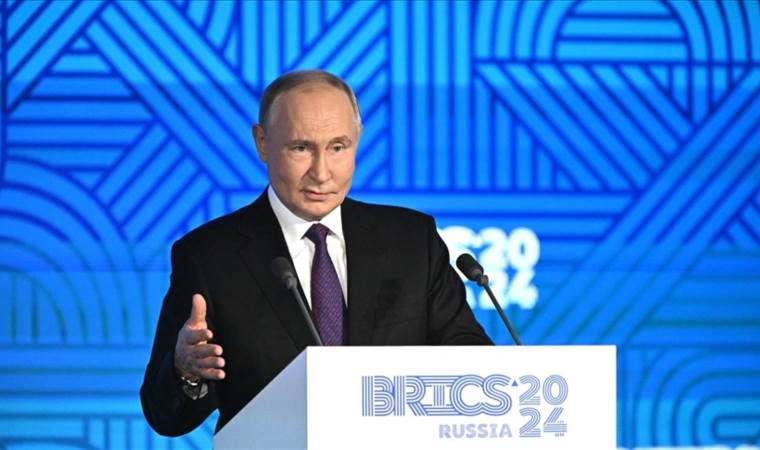
"Increasing settlements in national currencies reduce debt service payments, increase the financial independence of the BRICS member countries, minimize geopolitical risks as much as possible in today's world, and rid the development of the economy of politics," he said in a meeting with the head of the New Development Bank, Dilma Rousseff, on the sidelines of BRICS summit in Kazan.
Putin noted that since 2018, the New Development Bank has financed 100 projects totaling $33 billion.
For her part, Rousseff said the countries of the Global South are "in great need of financing, while the conditions for obtaining it are quite difficult."
According to her assessment, the BRICS bloc is "going through one of the new stages of its maturation."
"In this regard, both the expansion of the BRICS and our focus on ensuring the necessary financing of projects in the countries of the Global South are a priority," she said.
BRIC, founded in 2009 with Brazil, Russia, India, and China, added South Africa in 2011, expanding its name, formed from the first letters of names of the founder countries, to BRICS. In December 2023, six more countries joined, but despite the expansion, the collective decision was made to preserve the name BRICS.
Most Read News
-
 Pope Francis dies at 88 after prolonged illness: Vatican
Pope Francis dies at 88 after prolonged illness: Vatican
-
 US scales back development, diplomatic presence in Afric
US scales back development, diplomatic presence in Afric
-
 China sanctions US lawmakers, officials, NGO heads
China sanctions US lawmakers, officials, NGO heads
-
 El Salvador’s president calls on Maduro to release Venez
El Salvador’s president calls on Maduro to release Venez
-
 Kremlin ‘satisfied’ with US position ruling out NATO mem
Kremlin ‘satisfied’ with US position ruling out NATO mem
-
 Russia, Ukraine report airstrikes as Putin’s Easter ceas
Russia, Ukraine report airstrikes as Putin’s Easter ceas
-
 Trump ‘values’ talks with Japan, says Premier Ishiba ami
Trump ‘values’ talks with Japan, says Premier Ishiba ami
-
 Israel bans Palestinian minister from occupied West Bank
Israel bans Palestinian minister from occupied West Bank
-
 At least 33 civilians killed in RSF shelling of Sudan’s
At least 33 civilians killed in RSF shelling of Sudan’s
-
 Gold price exceeds $3,400 to reach new record high amid
Gold price exceeds $3,400 to reach new record high amid
